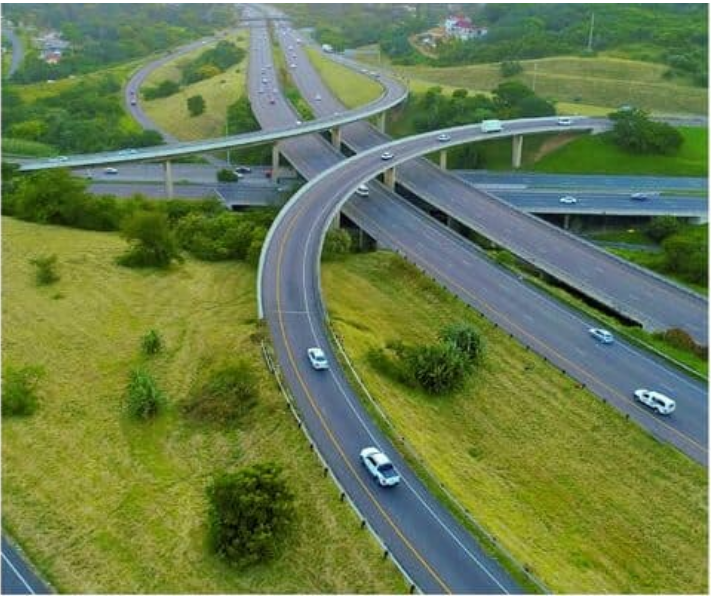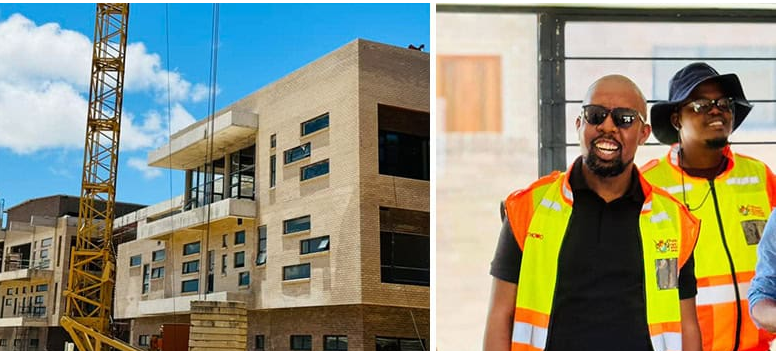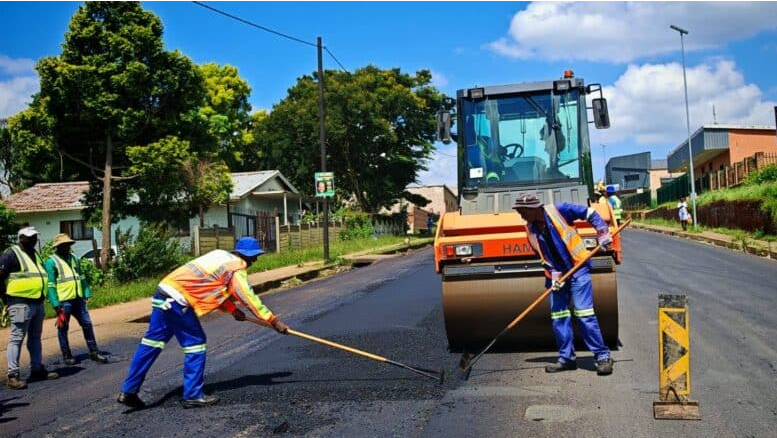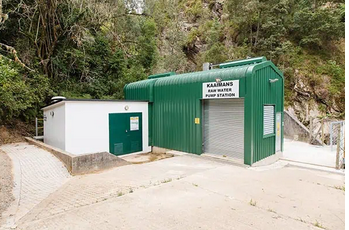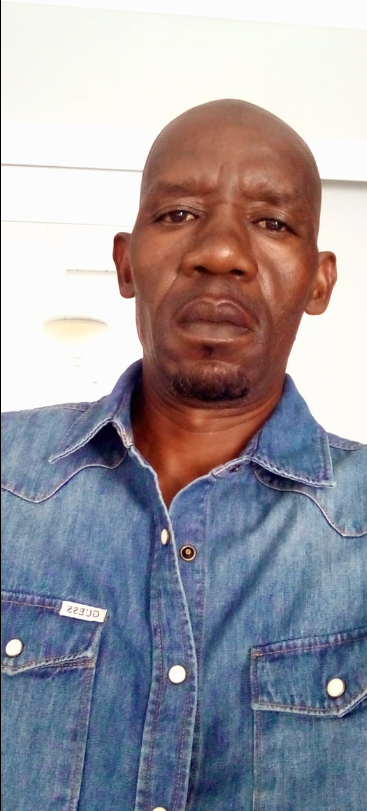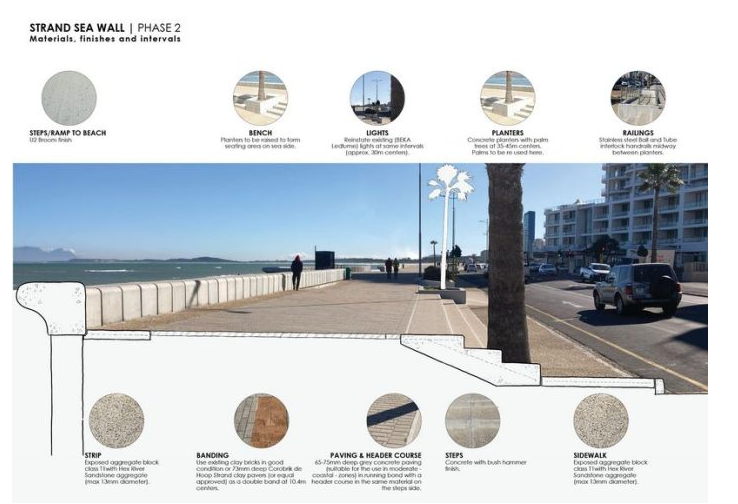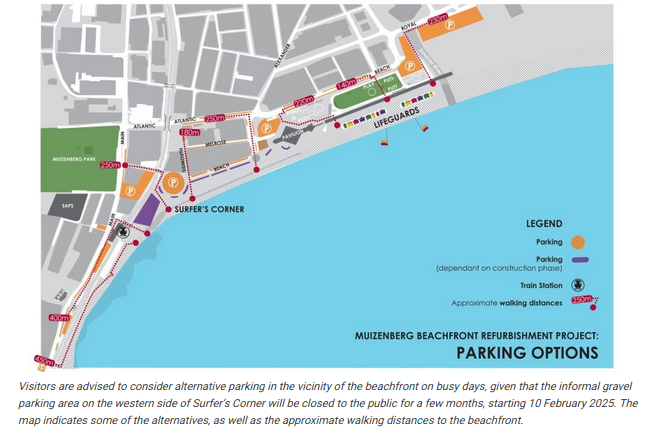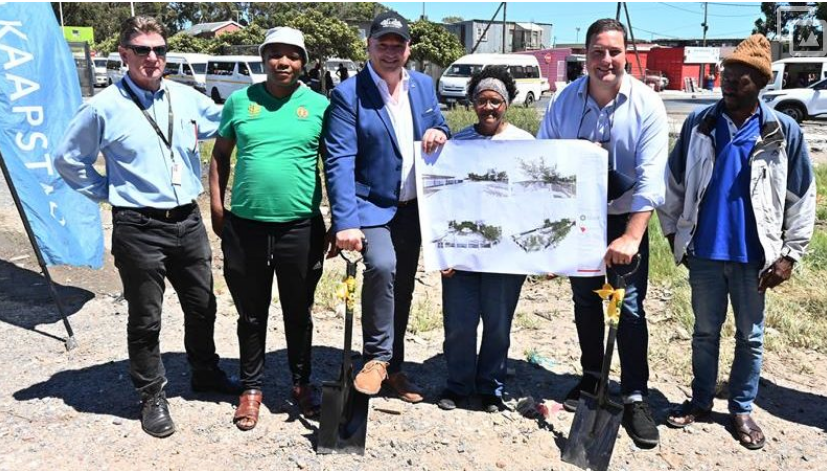Poor prognosis: Joburg’s public healthcare is in critical condition

Advertising
31-05-2021
Read : 415 times
Daily Maverick
Source
Johannesburg’s public health services are on life support and the prognosis is poor. There are no signs of urgency to bring Charlotte Maxeke Johannesburg Academic Hospital (CMJAH) back on line to full function after a fire forced it to close. Not far away, both Helen Joseph and Rahima Moosa hospitals are operating under extremely difficult conditions: their water supply has been intermittent for days.
CMJAH is one of the biggest hospitals in the southern hemisphere. It was closed in April after a fire that started in an underground parking area caused a section of the hospital to collapse, rendering the entire facility unsafe. Since then patients and staff have been relocated to other hospitals at considerable cost to the overburdened health network.
The Gauteng Health Department and the Gauteng Department of Infrastructure Development insist they are acting as swiftly as possible to reopen the hospital. But six weeks after the fire the facility remains closed. No one will commit to a timeframe for when repairs and safety compliance will be completed. So-called contingencies for alternative arrangements for patient care are also not translating into actual care for many patients and there are still no answers as to who dropped the ball in the first place to allow a flagship national healthcare asset literally to go up in smoke.
The blame game has gone into full swing between provincial authorities, the departments of health and infrastructure development, the City of Joburg and hospital management. And it’s patients like Alfred* who bear the brunt. He has failing kidneys and had been receiving treatment at Charlotte Maxeke’s renal unit for more than two years. His latest appointment was for 27 May.
“No one told me anything so I went there by 5am to wait for them to open. At 8am when they opened they told me I must go to Helen Joseph,” he says. He made his way there, only to be told after waiting that there was no doctor to see him and that his script could not be filled and he would have to return on 1 June.
“I don’t know what will happen these four days that I won’t be drinking my medicines for my kidneys but I can’t go buy that medicine, it’s expensive,” he says.
Patients have been posting on social media, pleading for some assistance, or just some communication on where to go and what to do as their appointment dates at Charlotte Maxeke Hospital draw closer.
For Prof Guy Richards, a consultant in Charlotte Maxeke’s pulmonology and respiratory medicine unit, who had also been working in the hospital’s Covid-19 wards, the delayed reopening is a looming catastrophe.
Richards says as patients have been directed to other facilities it has added pressure to those facilities. “It’s a case of trying to fit these patients in when these hospitals were already full and often when patients are in need of the intensive and specialised care that was available at Charlotte Maxeke – this is a crisis.”
Richards, who was working at the hospital on the day of the fire, says it’s a massive blow that six weeks have dragged on with little progress. He points out that delays come as Covid-19 cases are also surging in the province.
He says: “If they told us that they were working to fix things and that we would just have to make do in the meantime then we would get on with it, but when it looks like not much is happening and there’s no communication … then it does make me worry.”
At the moment, the only part of the hospital that is functioning is the laboratory run by the National Health Laboratory Services, where it seems it’s back to business.
The rest of the hospital is empty. There is no sign of construction or rebuilding. On 24 May, DA spokesperson Jack Bloom issued a statement questioning the lack of urgency and accountability. “The long waiting lists for ordinary surgery at CMJAH are getting dramatically worse. This includes knee and hip surgery, and hundreds of patients waiting for cataract surgery to restore their sight.
Cancer patients have been redirected to the Chris Hani Baragwanath Hospital for chemotherapy and to the Steve Biko Hospital for radiation treatment. This is not satisfactory as there are backlogs and delays being experienced. And sometimes the diagnosis has to be redone from scratch.”
Kwara Kekane, spokesperson for the Gauteng Department of Health, says she has no updated information, referring DM168 to a press release dated 20 April. She insists that “clinical services have been extended to hospitals within our cluster and other facilities for continuity of care. Patients who require specialised care which is not available at the district or regional hospital are treated in hospitals that offer the service.”
She did not answer specific questions about the hold-ups to reopening, about efforts to recover patient files and how and where patients should access information.
Bongiwe Gumbu from the Gauteng Department of Infrastructure Development insists they are on track to reopen, but wouldn’t be drawn on a timeframe. “There are no delays; our teams have been instructed to leave what they’re doing and to focus on Charlotte. Our teams are working overtime and from our side we have submitted all our documentation to the City of Joburg.” She adds that they can’t estimate costs at this stage but that funding will come from the Gauteng treasury.
The City of Joburg’s communications department did not respond to questions and questions to Charlotte Maxeke CEO Gladys Bogoshi have to be redirected to Kekane.
Meanwhile, a few kilometres away, Rahima Moosa Mother and Child and Helen Joseph hospitals face debilitating water shortages that are a threat to life, dignity and the functioning of the facilities.
Both hospitals are currently under extraordinary pressure since they are also accommodating patients from Charlotte Maxeke.
Rahima Moosa has 120 paediatric beds and most of them are full. Usually it delivers 12,000 to 14,000 babies a year. That number has increased to 16,000 and, according to one doctor we spoke to, could exceed 22,000 this year because of pregnant mothers being redirected from CMJAH.
During a visit by DM168 to the bustling hospital on 27 May, a frustrated doctor in paediatric ICU condemned the lack of urgency in resolving the crisis. Outside the labour ward, a long queue of pregnant women sat on benches. The toilets were not working.
The cause of the water shortages appears to be an infrastructural one: according to a memo from the CEO of Helen Joseph, the Hurst Hill reservoir, which supplies the hospitals, has been affected by load-shedding and cannot keep up with demand.
As a result, tankers are supplying water at both hospitals, but it is simply not enough.
At Rahima Moosa, water flow depends on which floor you are on: operating theatres are on the fourth floor, the area where water pressure is weakest. Meanwhile, Gauteng is in the midst of a rapidly developing third wave of Covid-19, and cases at Helen Joseph have doubled from last week.
Phase 2 vaccination rollouts are continuing in a hall near Gate 8 on Jubilee Road of CMJAH. This is not part of the building and parking area damaged in the fire. DM168
Recent News
Here are recent news articles from the Building and Construction Industry.
Have you signed up for your free copy yet?
